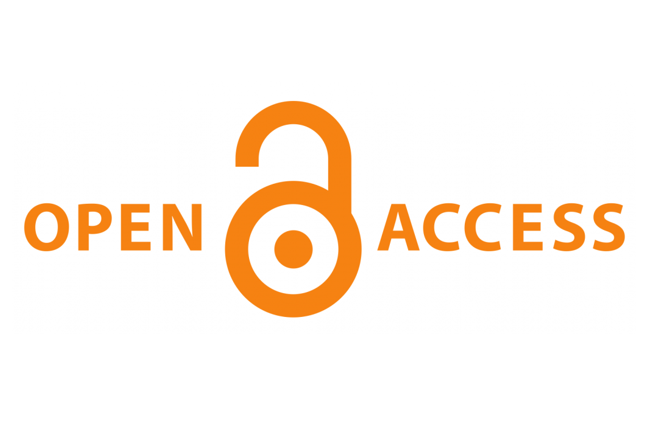Open Access

Like many other fields of science, published work on the deep ocean is not as accessible as it should be. Even though 80% of academic research is funded by the public or by charities, most articles end up behind paywalls, unavailable to the scientists and practitioners who need them most. This is a major issue, as deep-sea research often has important societal implications. Open access research, which makes research available to read for free, avoids this problem, but at a cost: Instead of the reader paying, it is the authors or their funders who may be forced to spend huge amounts of money to communicate their work. Large publishers make substantial profits in the process, while scholars review this research for free. For deep-ocean science to have the impact it should on policy, these related challenges of accessibility and cost need to be addressed.
The DOSI Open Access Task Force was convened to investigate the challenges surrounding open access publishing in our field and to open discussion in our community. So far, that work has produced two key resources for deep-ocean researchers.
The first resource is a community briefing that covers key points about open access publishing in deep-sea research. It also offers recommendations for making our field’s publishing strategies cheaper and more accessible. You can read the community briefing on open access publishing here.
The second resource is a list of journals with open-access publishing options for deep-ocean research. This list is meant to help those seeking to publish their work find options that are both inexpensive and provide open access to their articles. Please note that this resource is not intended to recommend specific journals, but is instead a tool that allows researchers to compare their choices. You can browse our list of open access journal options here.
This list will change in the future, and we hope the deep-ocean research community will help us keep it up to date. If you would like to add a journal to the list or edit information for a journal we already include, please let us know through this Google form.
Our Open Access Task Force is committed to improving publishing options in deep-sea research. We will be taking on more projects soon, including a paper based on the community briefing above. If you are a deep-ocean researcher and would like to join the Task Force, we would greatly appreciate your help. Please reach out to Brandon Gertz, DOSI’s Communications Lead, at DOSIcomms@gmail.com to learn more.

